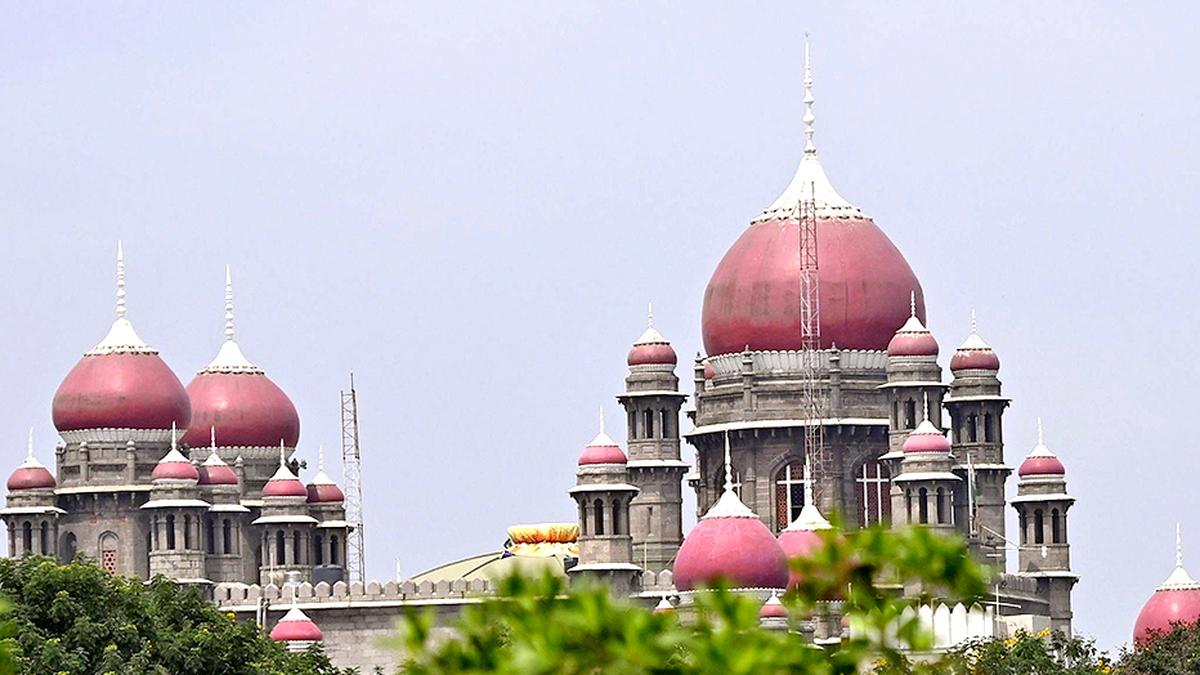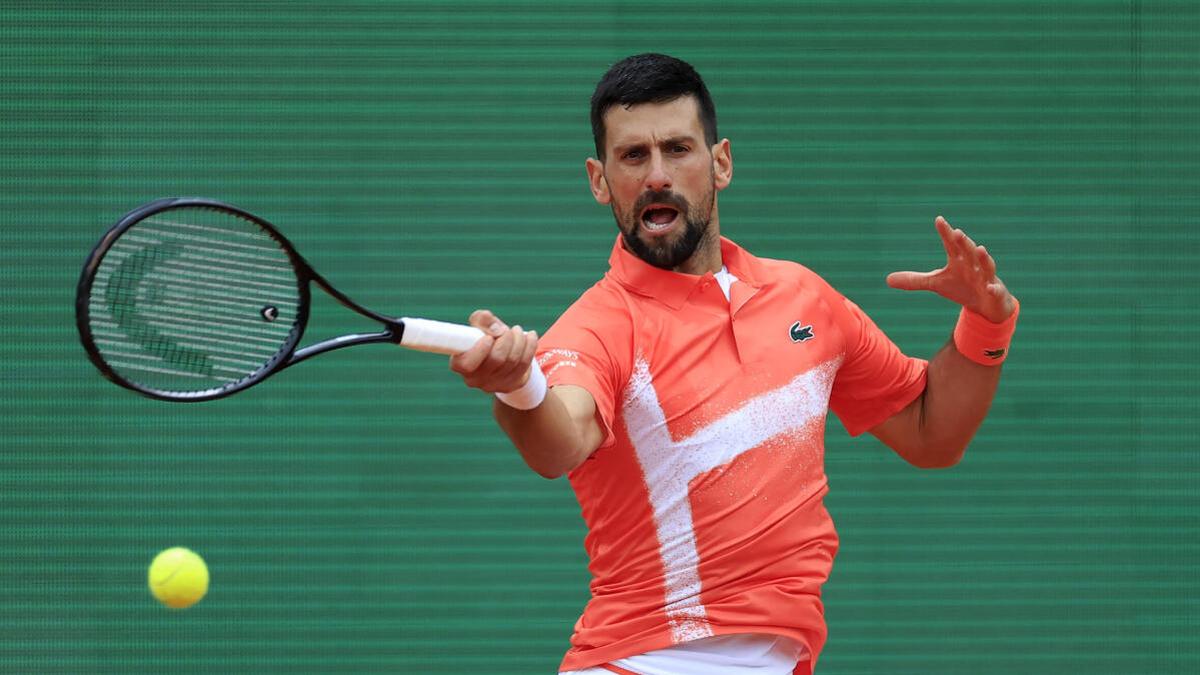NEW DELHI: At least 8 people lost their lives and more than 50 sustained injuries when a goods train collided with the Kanchanjunga Express near New Jalpaiguri in West Bengal’s Darjeeling district.
The accident occurred around 9 am when the passenger train, bound for Sealdah from Agartala, was stationary on the tracks.
The impact of the collision caused the three rear compartments of the Kanchanjunga Express to derail, with one bogie precariously hanging mid-air and the engine of the goods train tucked underneath.Among the deceased were the pilot and co-pilot of the goods train, as well as the guard of the passenger train.
Railway minister Ashwini Vaishnaw, who left for West Bengal to oversee relief operations, announced ex-gratia compensation for the victims.
“Rs 10 lakh would be given to the next of kin of the deceased, Rs 2.5 lakh would be provided to the grievously injured and Rs 50,000 to those with minor injuries,” Vaishnaw posted on X.
What may have caused the Kanchanjunga express accident?
According to Railway chairperson Jaya Varma Sinha, the collision occurred because the goods train disregarded a signal and hit the stationary Kanchanjunga Express. She stated that the guard’s coach and two parcel vans of the passenger train were destroyed, which absorbed most of the impact and protected the passenger coach.
“Prima facie, it seems to be a human error,” she said, further adding that “first indications suggest that this is a case of signal disregard.”
“Rescue operation have been completed. The driver (Loco pilot) who disregarded the signal has died and also the guard of Kanchenjunga Express has lost his life. Help desks have been established at all railway stations along the Agartala- Sealdah route, ” said Sinha.
Could ‘Kavach’ have helped prevent the accident?
Sinha emphasized the importance of installing the anti-collision system ‘Kavach’ to control human errors. Although Kavach was not installed on the Kanchanjunga Express, it is scheduled to be implemented on the Delhi-Howrah route, which covers West Bengal, later this year.
When asked if the anti-collision system was installed in West Bengal, Sinha said, “Kavach is scheduled to be installed on Delhi-Howrah route, which covers West Bengal, this year.”
“Kavach has been so far installed on 1500 km route. This year, it would be installed across 3000km more. Next year, we are planning to install it on 3000km more routes”, she added.
Kavach is designed to regulate train speed by automatically applying brakes if the driver fails to do so, and it can also alert or halt the train if the driver disregards signals or exceeds speed limits.
The accident occurred around 9 am when the passenger train, bound for Sealdah from Agartala, was stationary on the tracks.
The impact of the collision caused the three rear compartments of the Kanchanjunga Express to derail, with one bogie precariously hanging mid-air and the engine of the goods train tucked underneath.Among the deceased were the pilot and co-pilot of the goods train, as well as the guard of the passenger train.
Railway minister Ashwini Vaishnaw, who left for West Bengal to oversee relief operations, announced ex-gratia compensation for the victims.
“Rs 10 lakh would be given to the next of kin of the deceased, Rs 2.5 lakh would be provided to the grievously injured and Rs 50,000 to those with minor injuries,” Vaishnaw posted on X.
What may have caused the Kanchanjunga express accident?
According to Railway chairperson Jaya Varma Sinha, the collision occurred because the goods train disregarded a signal and hit the stationary Kanchanjunga Express. She stated that the guard’s coach and two parcel vans of the passenger train were destroyed, which absorbed most of the impact and protected the passenger coach.
“Prima facie, it seems to be a human error,” she said, further adding that “first indications suggest that this is a case of signal disregard.”
“Rescue operation have been completed. The driver (Loco pilot) who disregarded the signal has died and also the guard of Kanchenjunga Express has lost his life. Help desks have been established at all railway stations along the Agartala- Sealdah route, ” said Sinha.
Could ‘Kavach’ have helped prevent the accident?
Sinha emphasized the importance of installing the anti-collision system ‘Kavach’ to control human errors. Although Kavach was not installed on the Kanchanjunga Express, it is scheduled to be implemented on the Delhi-Howrah route, which covers West Bengal, later this year.
When asked if the anti-collision system was installed in West Bengal, Sinha said, “Kavach is scheduled to be installed on Delhi-Howrah route, which covers West Bengal, this year.”
“Kavach has been so far installed on 1500 km route. This year, it would be installed across 3000km more. Next year, we are planning to install it on 3000km more routes”, she added.
Kavach is designed to regulate train speed by automatically applying brakes if the driver fails to do so, and it can also alert or halt the train if the driver disregards signals or exceeds speed limits.






